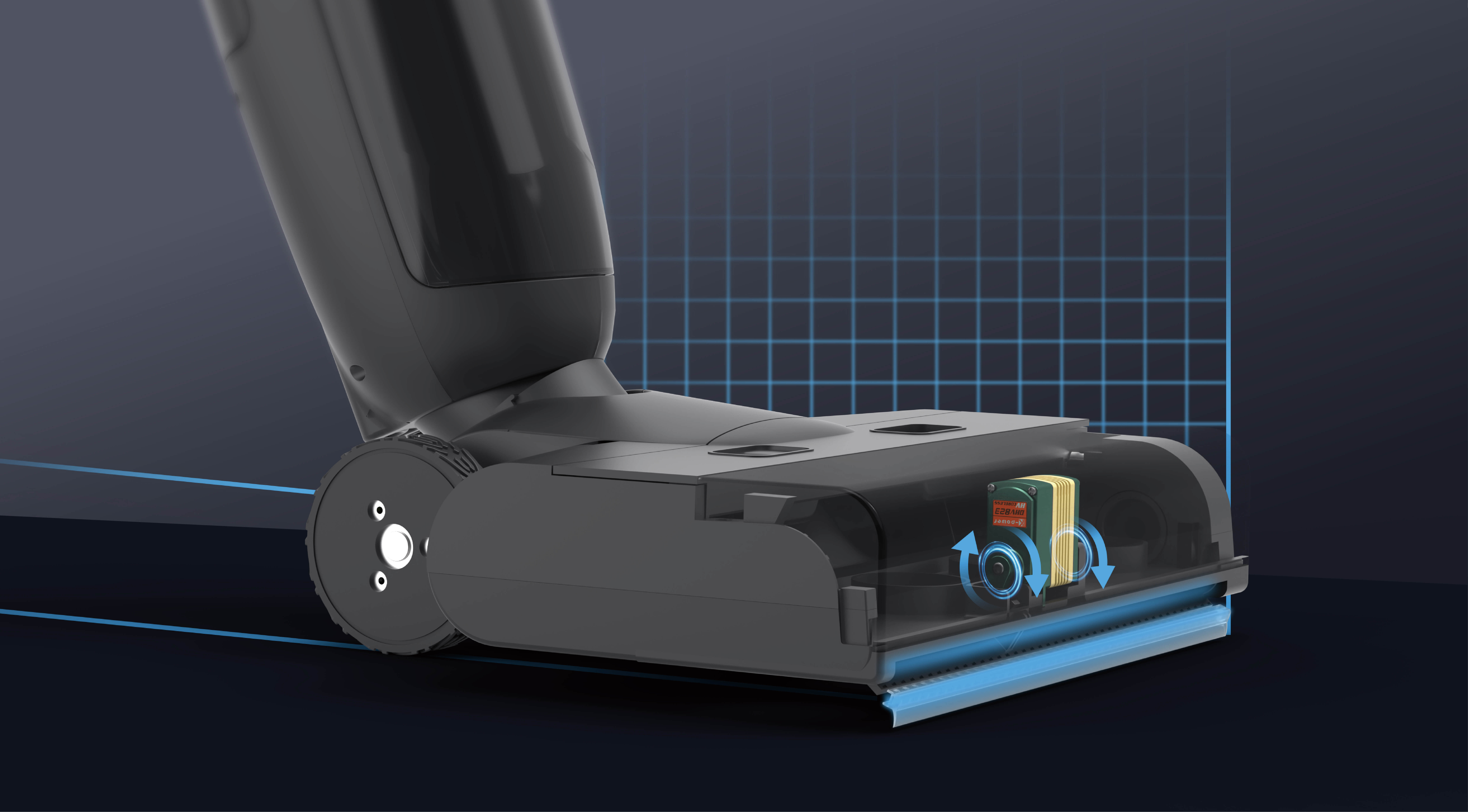Imagine a bustling network of tiny services, each doing its own thing but needing to talk. Think of it as a digital city where every building (or microservice) has to verify who’s knocking before opening the door. That’s the core challenge—how do these microservices authenticate each other seamlessly? Well, it’s a mix of clever strategies and strict protocols that keep the whole system secure and smooth.

Token-based authentication is often the go-to party here. Picture an ID badge that’s issued once—maybe a JWT or similar—and each microservice checks the badge on every request. No one gets in without a valid token, and these tokens often carry information about what’s allowed. It’s like showing a VIP pass, but in digital form—fast, secure, and easy to verify. Plus, tokens are lightweight, so they don’t slow down the system. They’re the digital equivalent of a secret handshake that keeps the bad guys out.
But what makes tokens even smarter? Renewability. Imagine a badge that expires after a certain time and needs to be refreshed—adds a layer of security, right? It’s like your ID card that you have to renew daily; if someone steals it, it quickly becomes useless. That adds resilience, which is everything in microservices architecture.
Then there’s mutual TLS—another player in this game. Ever been to a secret club where everyone shows IDs to confirm each other’s identity? Mutual TLS (or mTLS) is the digital version. Both services present certificates to prove who they are, creating a two-way trust. It’s like a secret handshake that ensures only known, trusted parties can communicate. It’s robust, secure, and very trusted on the enterprise level.
Some might ask, “Can I just use a simple API key?” Sure, it’s quick and easy, but not as secure. It’s more like leaving your front door unlocked. In microservices where sensitive data flows, that’s risky. So, a layered approach—combining tokens, mutual TLS, and sometimes even an identity federation—can form a security fortress around the services.
What really matters? The context. If your microservices need to be agile and lightweight, tokens are the way to go. For high-value, sensitive transactions, two-way TLS makes sense. It’s about matching security measures to the threat level—kind of like wearing a helmet for a bike ride, but donning armor for a battlefield.
At the end of the day, microservices authentication isn’t just about keeping out bad actors; it’s about ensuring smooth, trustworthy communication. When every service knows exactly who it’s talking to, operations become more stable, and the whole system runs like a well-oiled machine. That’s what kicks security up a notch and keeps the digital city humming.
Established in 2005, Kpower has been dedicated to a professional compact motion unit manufacturer, headquartered in Dongguan, Guangdong Province, China. Leveraging innovations in modular drive technology, Kpower integrates high-performance motors, precision reducers, and multi-protocol control systems to provide efficient and customized smart drive system solutions. Kpower has delivered professional drive system solutions to over 500 enterprise clients globally with products covering various fields such as Smart Home Systems, Automatic Electronics, Robotics, Precision Agriculture, Drones, and Industrial Automation.




































